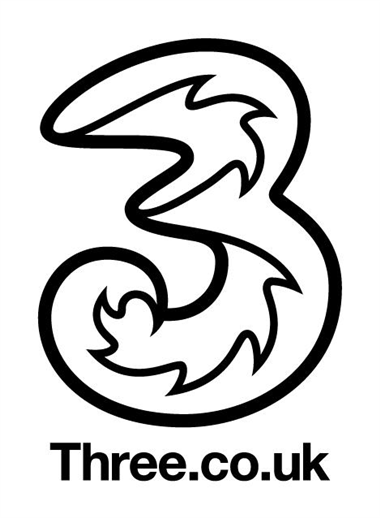Household Bills
Three ads banned for ‘misleading’ 5G mobile claims

The Advertising Standards Authority (ASA) has banned two TV adverts for Three UK after rival Vodafone raised complaints.
The ads were broadcast in March 2020 and included voiceovers stating “Three is building the UK’s fastest 5G network” and “join the future on Three it’s real 5G”.
Vodafone challenged whether the claims were misleading and could be substantiated.
In response, Hutchinson 3G UK Ltd, which owns Three, said the network would be the fastest because of its superior 5G spectrum holdings which meant that the more 5G spectrum it deployed, the faster the service would be.
It said the claim was based on four key technical factors which positioned Three to provide the fastest speeds in their 5G locations.
Three said that spectrum was the key determining factor of network speed and quality and it was what enabled networks to transmit data. It said only its network was supported by 100 MHz of spectrum, was all in one block, or contiguous which meant that Three had almost three times as much 5G spectrum as any of its rivals, which drove faster speeds.
The network also made a number of additional technical claims that it said backed up its declaration of being the fastest 5G mobile network in the UK.
Three said the claim “Join the future on Three, it’s real 5G” came at the end of a futuristic fictional ad illustrating the future possibilities of 5G, which the “average consumer would understand as being futuristic”.
It said that the claim did not imply that other networks were not 5G and that the statement was “entirely self-referential”.
The advertising watchdog upheld both complaints. It sought information from Ofcom on the relationship between bandwidth, capacity, speed, and consumer experience. The regulator explained that, while there was a link between available bandwidth and peak speeds, the availability of peak speeds was dependent on several factors.
Ofcom said that while all other things being equal Three might be able to offer higher peak speeds than other operators, they would be achievable only in certain ideal conditions and would rarely be experienced by consumers everywhere in a “mature 5G network”.
The ASA took the view that the claim to offer “real 5G” suggested that services offered by other network operators was not “real” 5G. It considered that Three had not shown that consumers on its 5G network would experience a significantly better 5G service versus other operators.
The ASA said neither ad should be shown again and told Hutchinson 3G UK to ensure that future ads were not misleading.